In this parable, Jesus tells us of a son who demanded his inheritance while his father was still alive. While we might see that as rude or presumptuous today, in Jesus’ time that would have been unthinkable! In this situation, the father would have been expected to run the household until he died. For the son to ask for his portion of the inheritance was the same as saying his father was dead to him. In return, the son would be dead to his father. It was an incredibly selfish and disrespectful request made by a rebellious son.
What was the son really asking for? He wanted out of the family and to be completely independent. He basically said, “Give me my stuff and I’m gone.” So why does the father say yes and give him the inheritance?
Even today, we would be surprised by a father who would give in to such a demand. The reason he did though was because, in this parable, the father represents our Father in Heaven, not an earthly father. As He often does with us, the father in the story gives his son what he asks, even though he knows it will lead to unhappy consequences. He allowed his son the free will to choose to go his own way, even if it might lead to sinful living.
In Genesis 2-3, we read about the story of how Adam and Eve rebelled, and they could no longer stay in the good and perfect place that God had prepared for them. The fall in Eden is an example of God giving us free will, either to choose to follow Him or our own ways. Free will is an incredible gift that God gives to us, but it can also be used to rebel and distance ourselves from God.
After hearing the Prodigal Son’s story, how can we avoid falling into the same temptation of choosing our own will over the Lord’s? By God’s grace, we can trust in His Spirit to lead us to walk in His will and to be blessed with the strength to choose His will above our own.
Cheri Wright
Communications Director

